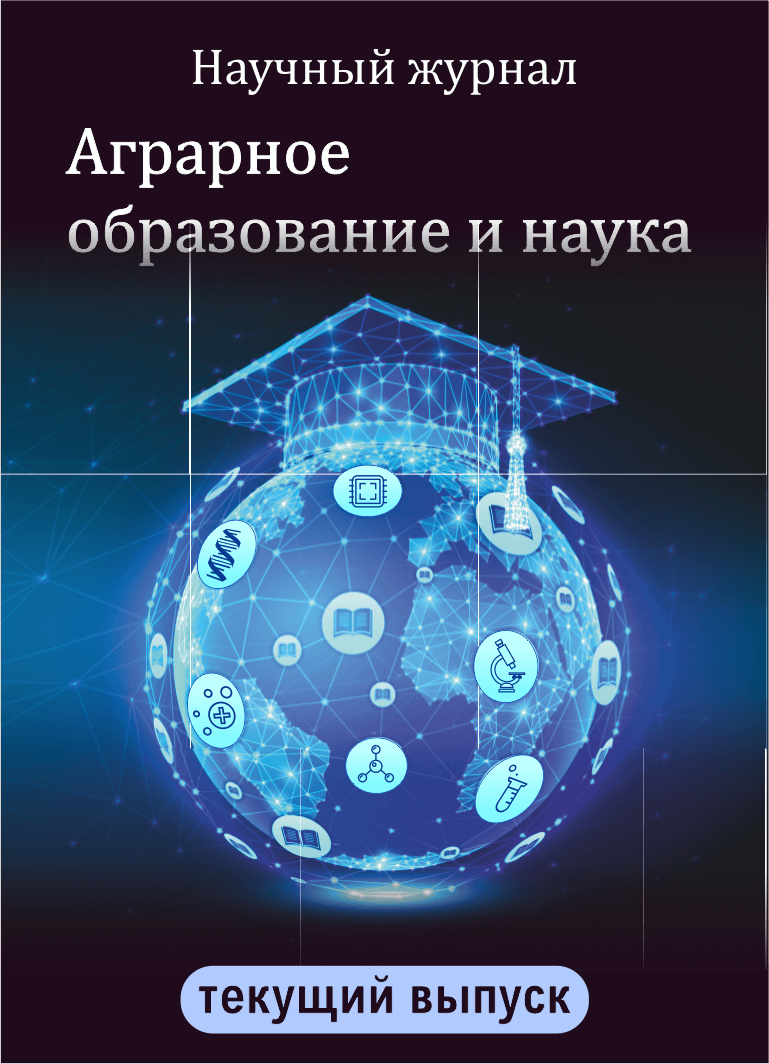Authors:
Natalia Fateeva – Senior Lecturer of the Department of Accounting and Audit, Ural State Agrarian University. 620075, Russian Federation, Yekaterinburg, Turgenev str., 23. E-mail:
Svetlana Petryakova – Senior Lecturer of the Department of Accounting and Audit, Ural State Agrarian University. 620075, Russian Federation, Yekaterinburg, Turgenev str., 23. E-mail:
Natalia Alimardanova – Senior Lecturer of the Department of Accounting and Audit, Ural State Agrarian University. 620075, Russian Federation, Yekaterinburg, Turgenev str., 23. E-mail:
Svetlana Radionova – Senior Lecturer of the Department of Accounting and Audit, Ural State Agrarian University. 620075, Russian Federation, Yekaterinburg, Turgenev str., 23. E-mail:
Abstract. Currently, there is a rapid improvement of all technologies, including information (IT). Digital transformation has affected almost all areas of life, including HR activities. Managers of organizations have different attitudes to digitalization in this area. Some believe that it is not right to trust digital technologies, because we are talking about working with people, others believe that it is possible to build work with personnel through information technologies, and others take a neutral position. However, a new level of development of the organization is not possible without digitalization, without changing the already traditional ways of working. The article considers the concepts of "digitalization", "digitalization of HR processes", and considers the legislative framework for the transition to the digital economy. The relevance of the research topic is that in connection with the introduction of information systems, the economy is moving to a new stage of development, digital technologies affect the change in employee behavior, digital solutions are required for effective employee motivation. The competitiveness of the company depends on how well the staff meets the requirements of the modern world. Effective interaction with the staff building effective interaction with the staff is now extremely necessary for new methods and technologies, including digital ones. The purpose of the study is to analyze the concepts of digitalization of processes in the organization and to study the legal framework for the transition to digital technologies. Research methods: sociological, analytical, statistical, economic and legal analysis, synthesis.
Keywords: digitalization, HR processes, digital economy program, legislation, personnel, digital technologies.
Download the full text of the article











